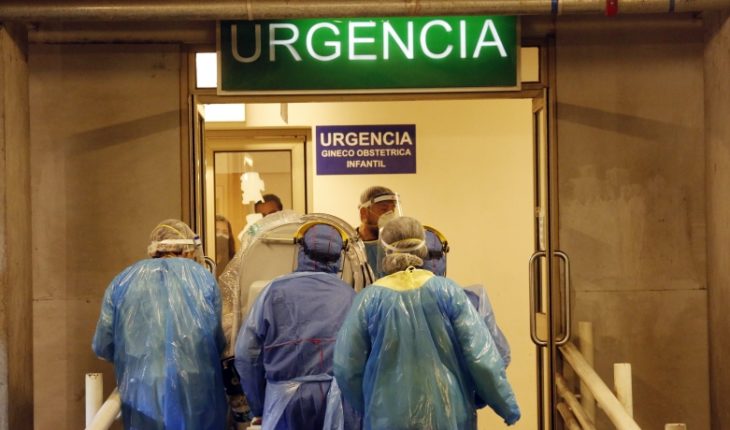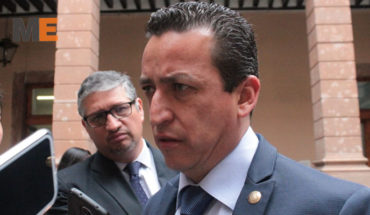Through a public statement, the health commissions of the various opposition parties, from Christian Democracy to Social Convergence, expressed concern about the current situation, opening the missive with a strong statement: “The stubbornness of government costs lives”. In the letter they begin by noting that “THE COVID-19 pandemic was announced five months ago and Chile has had some time to prepare which countries of the northern hemisphere did not have. However, we have seen a management that prioritizes the functioning of the economy, which has only sought to mitigate the spread of the epidemic with a speculative attitude, seeking a progressive contagion of the population, without effective prevention, focused on the hospital, underutilizing primary health care (SDA), with a lack of participation and transparency, and with a questionable communication of risk”. Regarding the current state of health services, they say that “We see with sadness the explosion of contagions, the consequent co-payment of critical care services in hospitals and clinics in MRI, and a regrettable increase in the number of deaths from COVID-19. Thus, the total quarantine arrived late in the Greater Santiago and we are witnessing desperate measures of conversion of pediatric beds for adults, use of ward fans, orders to expand beds in the private sector, transfers of serious patients to regions with less assistance pressure to deal with this reality. All this is necessary, but insufficient. At the same time, contagions are growing in other regions of the country.” The statement warns parties that do not belong to the official bloc that “difficult times are coming,” so “we call on the government to implement a strategy to move towards suppressing* the epidemic across the country, avoiding contagion that is preventable. We call for extending total quarantine to all urban centres with community transmission in the country to manage the epidemic according to World Health Organization (WHO) criteria, and to prioritise protection for health equipment. So too to implement economic and social measures necessary for people to stay at home, avoiding criminalizing those who today, out of desperation, cannot meet total quarantine.” In this line they point to the position of specialists, stating that “WHO and experts in Chile have indicated that the core strategy of control of the epidemic is mass testing, with contact tracking and isolation in conditions that guarantee its compliance, calling on Primary Care to assume a central role. We realize the urgency of implementing these measures in the country.” With regard to the measurement factor and they point out that while it has increased “the ability to scale the response has been delayed, the SA has not been given a central role, contact tracing has been insufficient, case isolations have been breached, and there are no sanitary residences capable of receiving all infected persons who do not have the conditions to isolate themselves in their homes”. Another topic that has spoken is transparency in the data and information that is delivered by the authorities, in this regard indicate that “it is urgent to achieve an adequate communication of risks that generates confidence in the population to guide their action, which implies transparency of information and collaborative work with civil society , recovering the country’s highly successful experiences, such as the H1N1 cholera and influenza campaign.” They add that to date “transparency has been insufficient, both in data delivery and decision-making processes, not allowing the scientific or health community to help anticipate the local behavior of the epidemic. Instead, the government has focused its action on finding small communicational achievements that have ended up generating confusing signals to the population, such as “safe return” and “new normality.” Finally, all the health committees of the opposition parties called for La Moneda and the various government authorities, urging them to “assume their political responsibility, recognizing and mended the deficiencies in the strategies undertaken, humbly implementing modern leadership based on a real dialogue with all social and political sectors. There’s no time left. There’s no room for error.” As a side note in the communiqué they define at the end of it the concept of “Suppression”, as taken from English “suppression” refers to the strategy of maintaining a very low level of cases (Ro less than 1) until an effective vaccine or treatment is generated, unlike a “mitigation” strategy consisting of a lower intensity of measures, allowing contagion, until a population immunity is reached (70%). See: Ferguson et al. Impact of non-pharmaceutical interventions(NPIs) to reduce COVID-19 mortality and healthcare demand, Imperial College COVID-19 Response Team, London, 2020.
translated from Spanish: Opposition parties harshly criticize pandemic management: “Government stubbornness costs lives”
May 23, 2020 |





